What A Veteran Should Look Out For In Their Next Career Move - Part 1
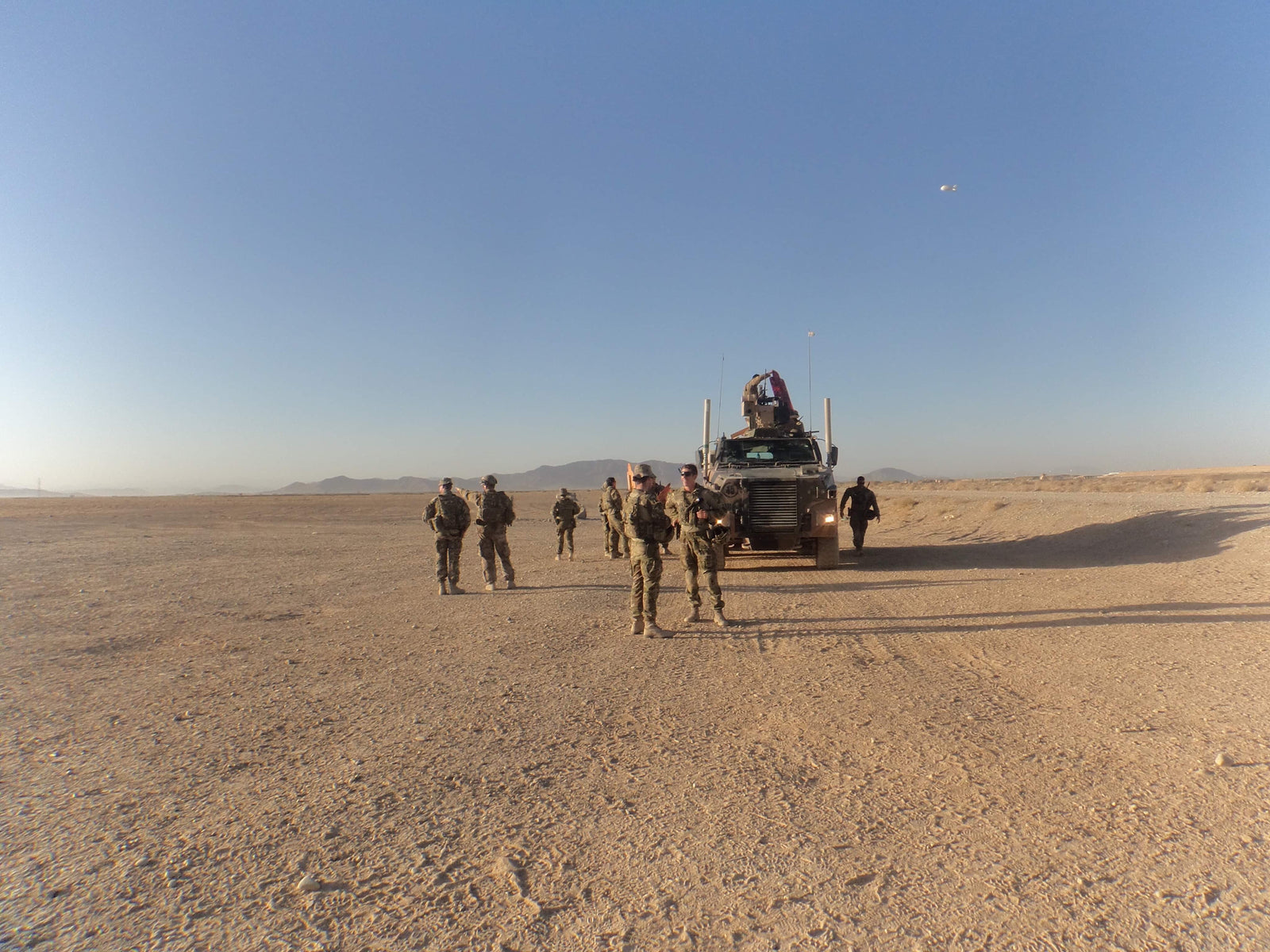
Veteran Mental Health and Toxic Work Environments
Warning signs to look for in a civilian work environment.
An Anvil Mental Health Article by Marshall Officer
This article is quite a lengthy read, so it will be released in two parts. Part one will cover what to look for prior to starting at your new role, and part two (released mid next week) will cover what to look for once you have already started.
If you are looking at leaving (or have already left) the military, you probably fall into one of two main camps. These are: leaving due to injury, or leaving due to a disillusionment with how the military functions. The military is, by its very service-oriented nature, more of a calling than a career progression. I can certainly speak for myself when I say that despite achieving decent marks in high school, the opportunity to attend a range of high quality universities or even pursue work opportunities in the city I grew up in (Sydney), I was drawn to the military for a long time.Nothing anyone could do or say would convince me otherwise. As such, many join the military at a young age, generally without having done many other jobs prior to doing basic training. Unless a degree is done during Officer training, it can be quite common that a high school education is the highest most people will have, and most people don’t have a great idea of what they will do if they ever leave. For people joining the military, most of the time they don’t consider ‘what next’ until they make the decision to move on. They also have no idea who or what to look for in their next career step. For a group of people that represent a greater proportion of either diagnosed or undiagnosed mental health struggles, this can be absolutely disastrous.
I left the Army after 6 years in Infantry. I spent 7 months in Kandahar, Afghanistan, in a close personal protection capacity, and I spent a year instructing soldiers at the School of Infantry in Singleton. I worked with all different types of people, protected US Generals and Australian Colonels in Afghanistan, and trained with men and women from a long list of allied nations. I led small combat teams, gave orders to groups of soldiers and officers on operations, and instructed multiple courses of over 40 soldiers. Additionally, I wrote and successfully delivered two strategic papers to high level staff. I thought that my range of experiences gave me a good understanding of how to communicate effectively and work efficiently with any group of people. I never thought that after everything I experienced in the army, I would leave a 9 - 5, Monday to Friday job because it had a “toxic work environment”.
Below is a list of suggestions to keep in mind when taking your next career step. Part-time or casual work will usually have its own set of problems, and if you are just covering bills while you study or secure your next big career move - you can usually look past the “culture” of a workplace because you aren’t invested like you are with a career opportunity. However, if you are making a move into a new industry or organisation and you are planning on staying for an extended period of time (5 plus years is generally a good guide), then hopefully this list can assist you in asking the right questions & assess the reality of the potential workplace beyond the shiny surface presented at interviews.
Before You Start...
What is the Size of the Company, How Long Has it Been Around, How Big is the Office and What Locations Do They Have?
As a general rule, the bigger the company, the safer you are. Big companies have endured growth. They have had to build processes to protect themselves from internal disputes, issues and scandals. As such, they will usually have a Human Resources department that will be doing the hiring, but also be legally responsible for protecting employees in controversial situations. If you are joining a small company, it is extremely important to be aware that they may not have an HR department, and that internal disputes will most likely be handled by your direct managers or immediate chain of command. They may even be handled by the people interviewing you. Keep this in mind, as civilians generally do not approach confrontation the same way the military does. In line with this, the longer a company has been around, the easier it is to investigate it. Staff turnover, previous staff members, online information and social media can be your best friend when figuring out whether a company is as positive on the inside as it is on the outside.
What is their Interview Style?
For the military, the interview process is consistent. There are multiple barriers you had to pass, but there is generally a clear “pass/fail” standard for each test. For civilian companies, you might be interviewed by HR or you might be interviewed by your future manager. You might do one interview, or you might do two or three. This is an excellent opportunity to ask questions, although be very careful how you word them. Key questions to ask are if any other veterans are currently employed and what their names are, and if you can meet with them prior to starting. Another important question to ask is the company position on mental health support (to be addressed later). One warning sign to look for in the interviews can be a complete lack of formal questions - which can act as evidence that internally, they don’t actually know what they are looking for or they are just looking for people who they “like”. This can be a great way to get a job, but can result in longer term issues when people turn out not to be who they present themselves as for first impressions (which is usually everyone, you included). Finally, ask the same questions in all of the interviews and assess whether the responses are similar. If different levels of management present totally different answers, you can expect potential internal conflict or indecision.
Are there Any Other Veterans Employed by the Company?
This one is extremely important. I would recommend that every veteran finds work with a place that has other veterans currently working there. Why? This is the number one shortcut to find out how your mental health is going to hold up long-term. If you can, meet any veterans that work at the company prior to accepting any positions. You want to find out what they think of the company, what they think of the internal dynamics/culture, and how they are treated when it comes to stress, PTSD or depression. Preferably, you want to find a place that has multiple veterans already employed for over 12 months at a minimum. Not only will meeting these people beforehand give you a better chance of securing the job, as they will probably speak up for you, but you will get some insight into how the organisation treats people who come from a military environment. HOWEVER, this is not always a win/win situation. If you are a veteran NCO or enlisted soldier, I would caution working with people who used to be Commissioned Officers. I have a lot of friends who used to be Officers, but their world is totally different to the enlisted world and they probably won’t be on the same page when it comes to what you are looking for in your next workplace. Finally, working with other veterans is extremely important because it gives you an internal support network. Although your immediate friends/family should always be your first point of contact for mental health issues, a support network at work will usually have a better understanding of specific issues and the types of people you work with. Although you want to avoid an “us versus them” mentality, we all know veterans understand veterans to a better extent than civilians do, and a support network at work can be vital in times of higher stress, pressure or adjustment.
Are You Interviewing For A New Position, Or Has There Been Internal Turnover?
This is a question you can probably ask at interview, however, it is best not to explain why you want to know further than “opportunity for expansion”. What you are trying to find out is - are other people leaving the organisation or are they excited to be there? If they have recently hired a large group of people in a short period of time, more often than not, it is because they had a few people leave. If multiple people are leaving, it is generally safe to say there is a reason. Look up “workplace culture” or “toxic work environment” on Google and the articles will all tell you the same thing: People don’t leave companies, they leave managers. High turnover almost always equals poor management/leadership. If you are an NCO or had frustrations with military leadership at any point in your career, I guarantee you the same thing in a civilian workplace will be worse.
What Are Your Gut Feelings?
It will never be an exact science, but going on your gut has saved a lot of soldiers and it could save you now. Mental health is no joke, with the recorded suicide rate in the veteran community currently at its highest, especially among veterans that have left the military. Your workplace is going to add stress to whatever current mental health issues you have (even the undiagnosed ones!). Trust your gut. If you meet people that you are concerned with, talk to your support network. Figure out what you are there to achieve. If this is a career move, don’t settle for whatever pops up. Veterans have extremely strong soft skills (which will be addressed in another article), but your baseline communication and teamwork skills will most likely be higher than the majority of the civilian workforce. If it doesn’t feel like the right move, don’t go out of your way to justify it. Something else will come up!
Part 2 Will Be Released Mid-Next Week!
About Us
Anvil Training and Development is a group of Australian veterans who care about the physical and mental health of veterans and emergency service workers. We’re passionate about ongoing education and working with others to implement positive change.
Instagram: Anvil Training & Development - @anvil.td
Facebook: Anvil Training & Development - @anvil.td
www.anviltd.com
(Article Edited, Proof Read, and Fact-Checked by Charlotte Officer)
VES Mental Health Resources: https://anviltd.com/pages/ves-australian-mental-health-resources
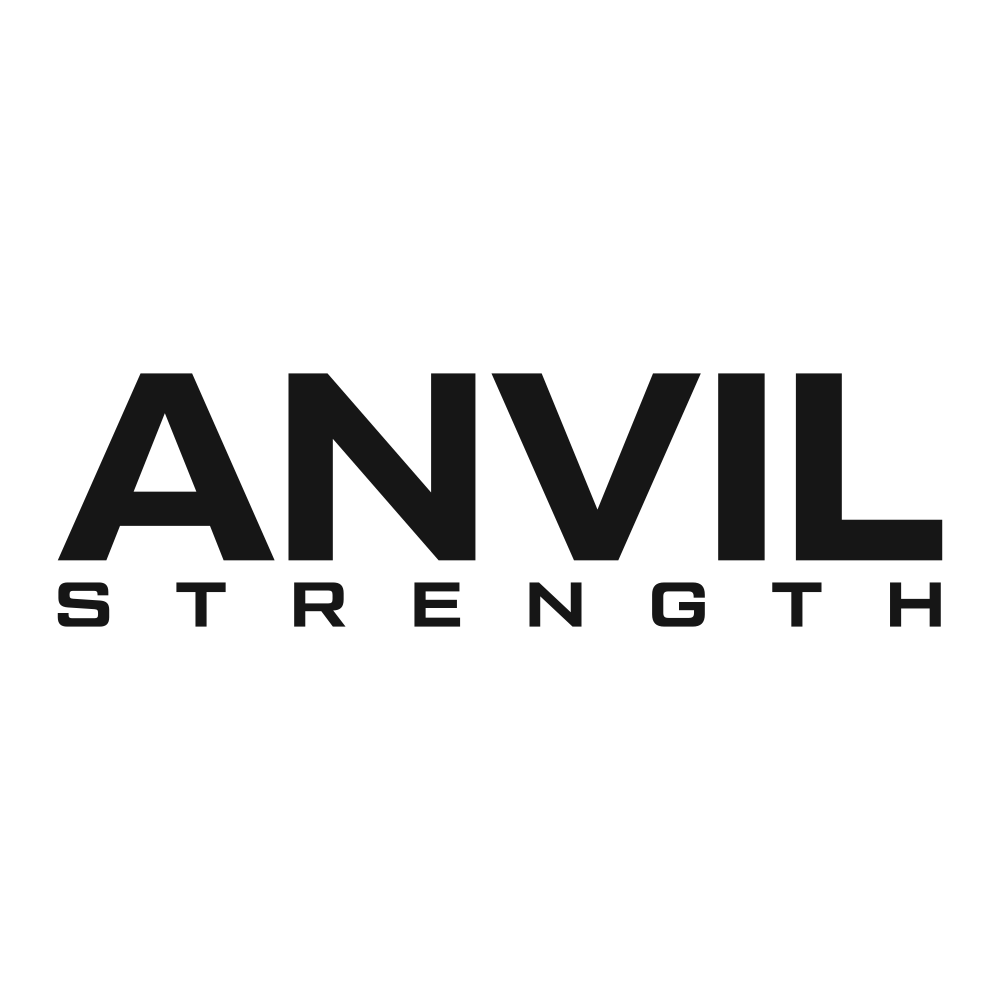
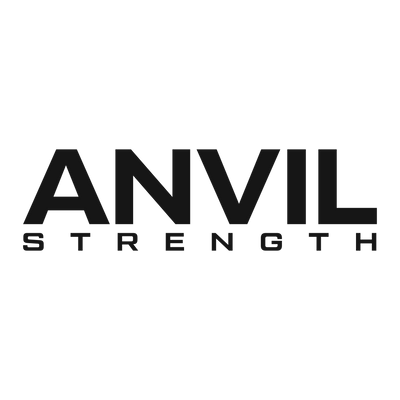




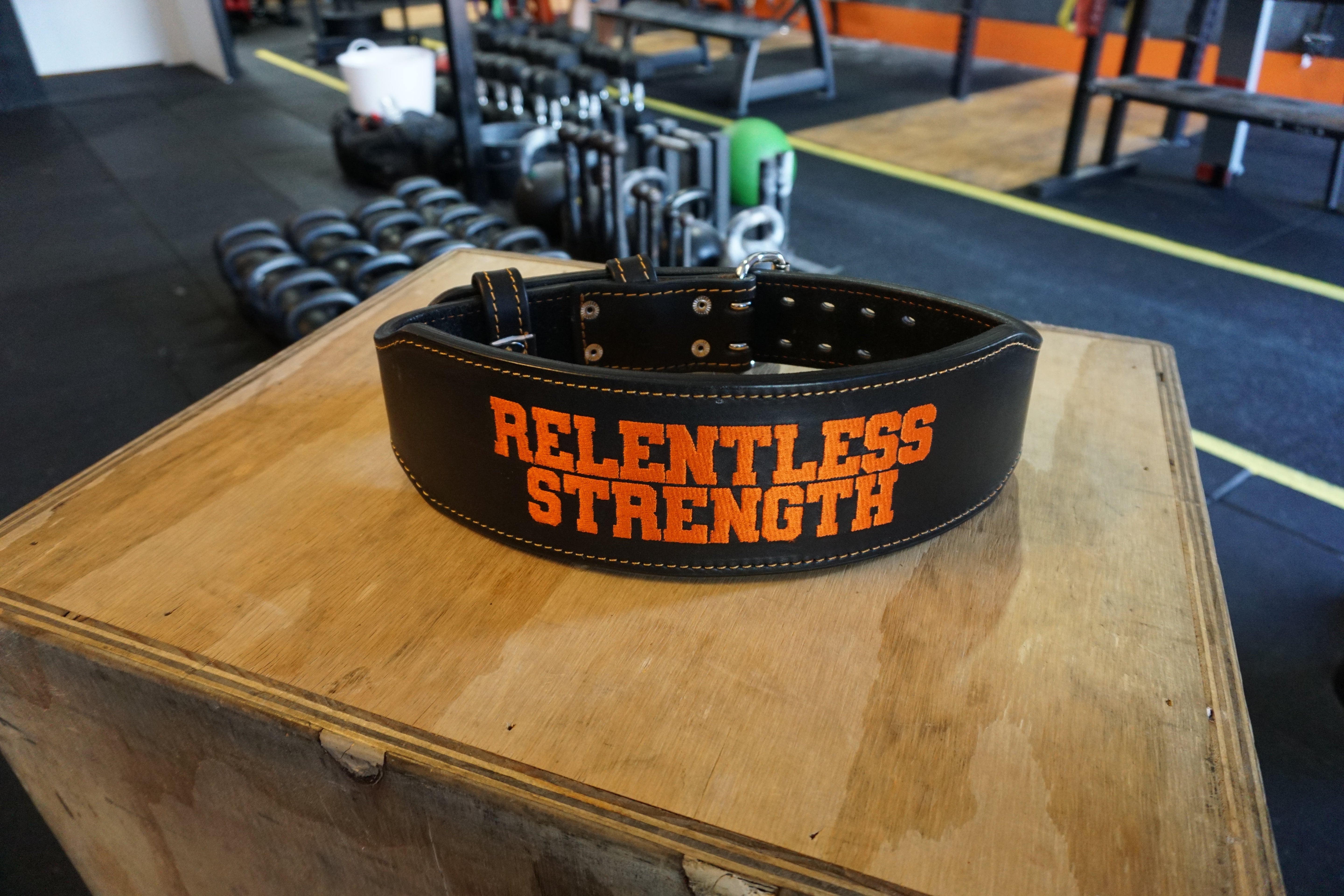

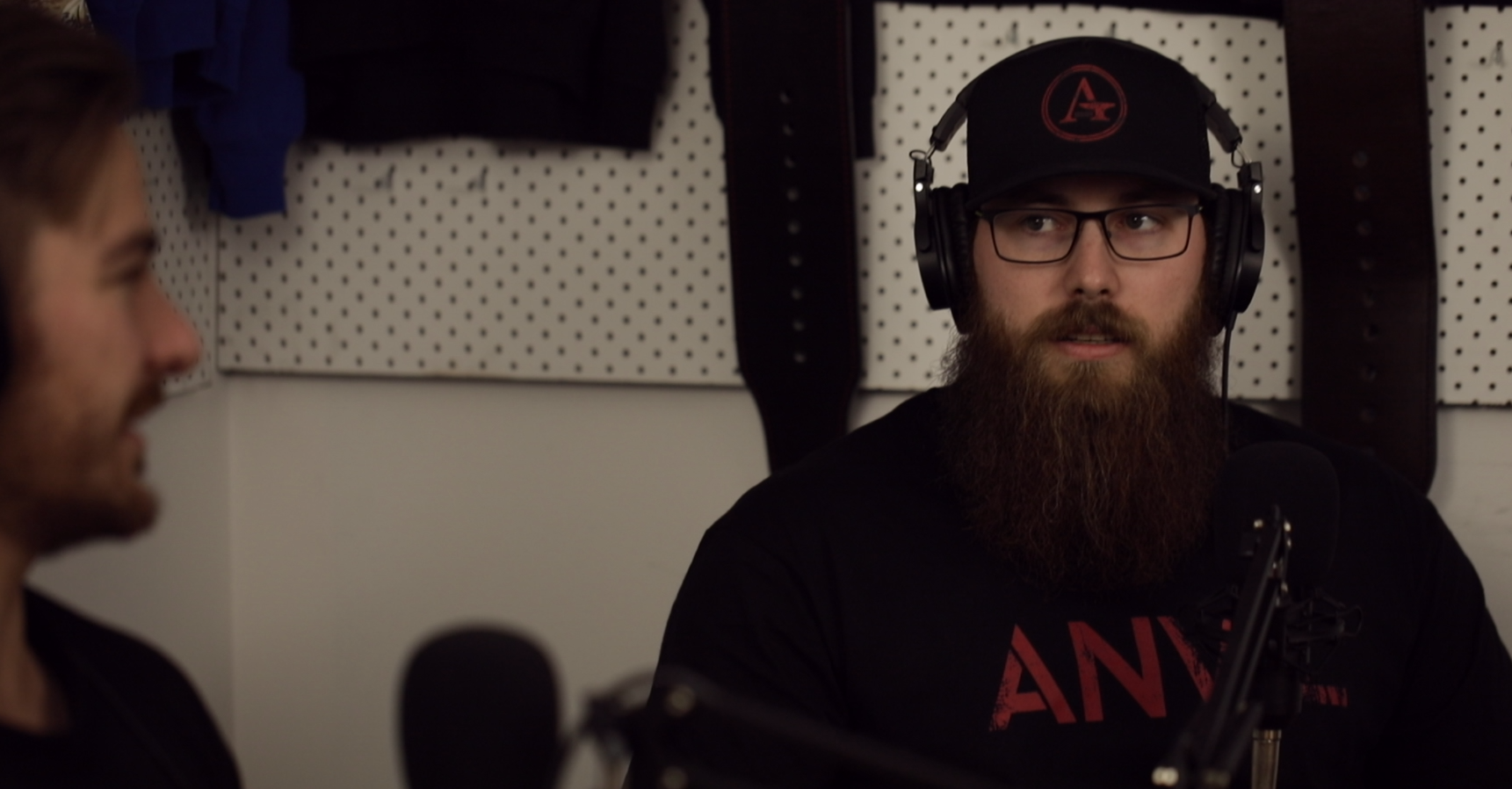
Leave a comment